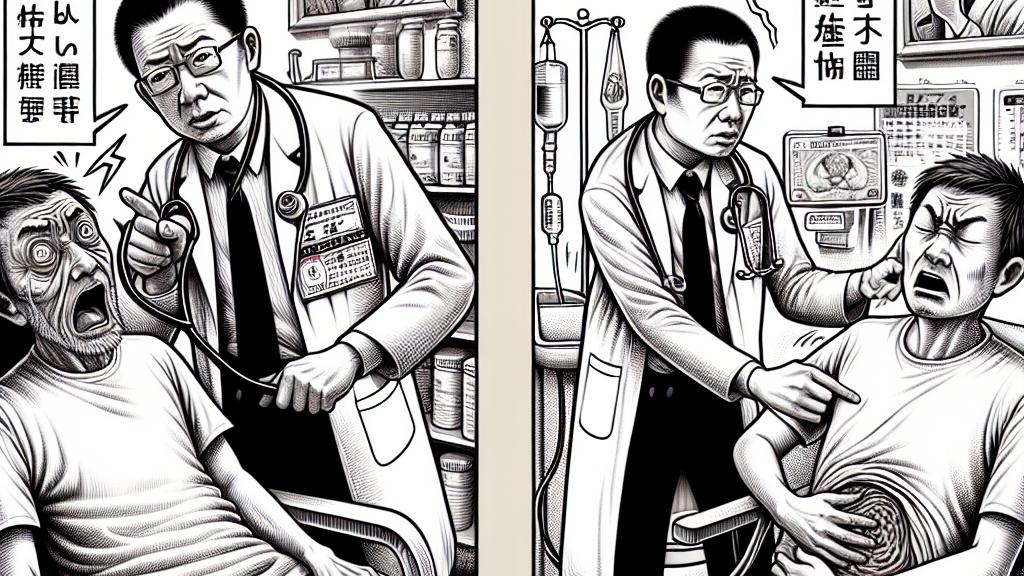The Importance of Following Medical Advice: A Patient's Experience
Overview
- Act without delay when referred to a larger hospital after a visit to a small clinic.
- Real stories emphasize the critical need for immediate medical attention.
- Placing health as a top priority can prevent serious future health issues.

Real-Life Urgency: Don't Wait
In Japan, when a small clinic recommends visiting a larger hospital, it often indicates a serious concern for the patient's health. For example, one patient, experiencing sudden facial paralysis, was told to seek immediate care at a specialized facility. Ignoring this advice could have led to severe, irreversible consequences. Similarly, another individual faced life-threatening complications because they delayed acting on their doctor’s referral for severe abdominal pain. These vivid stories reinforce an essential truth: medical professionals are trained to spot red flags and their recommendations should never be brushed aside. Heeding such warnings can be a matter of life and death.
Understanding the Referral Process: A Lifeline
The referral process, known in Japan as 'shinyō jōhō teikyōsho,' is not merely a formality; it's a critical communication tool between healthcare providers. This document encapsulates essential information about the patient's condition and the urgency of their situation. When doctors insist on an immediate referral, they do so with the patient’s best interest at heart, highlighting serious symptoms that require specialized care. For instance, patients referred for persistent headaches or alarming test results must act quickly. Ignoring these signals can delay necessary treatment and worsen the illness. It’s crucial to remember that while waiting may seem harmless, it can lead to significant health setbacks.
Health as Your Top Priority: Take Charge
In conclusion, the overarching message is crystal clear: prioritize your health above all else. Time and again, we hear stories of those who shrugged off medical advice, only to face devastating health crises later. Imagine the shock of a person who, having ignored early signs of illness, received a late-stage cancer diagnosis; this is not a rare occurrence. These real experiences compel us to act decisively. When faced with urgent medical recommendations, one should not hesitate. Life is unpredictable, and while work and personal engagements can often wait, your health must be a constant priority. Remember, the best decision you can make is to act promptly; it could save your life.

Loading...